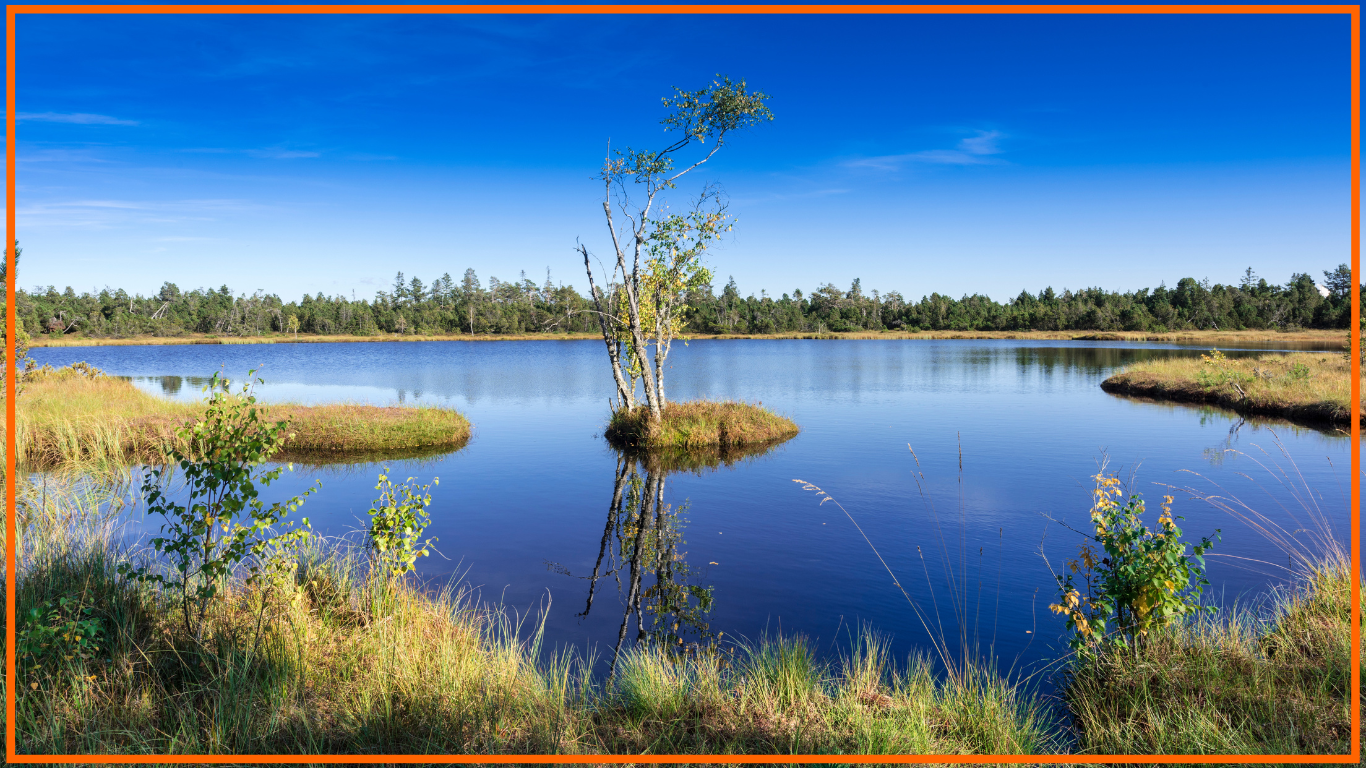
28 Feb. EU Parlament nimmt Renaturierungsgesetz an: Wichtiger Schritt für den Naturschutz und nachhaltige Nutzung unserer Ressourcen
Die Abstimmung blieb bis zum Schluss eine Zitterpartie: Gestern wurde das Gesetz zur Wiederherstellung der Natur (Renaturierung) final im Europaparlament angenommen.
Das Gesetz sieht vor, dass bis 2030 mindestens 20 Prozent der Land- und Meeresflächen der EU renaturiert werden müssen. Bis 2050 sollen dann alle sanierungsbedürftigen Ökosysteme wiederhergestellt sein.
Das Europäische Parlament, die Kommission und der Rat hatten sich bereits Ende November auf einen gemeinsamen Vorschlag geeinigt. Eine breite Mehrheit der Mitgliedsstaaten unterstützt den verhandelten Kompromiss. Dennoch hatten Christdemokraten, Rechtspopulisten und Teile der Liberalen versucht, das Gesetz in letzter Minute mit Änderungsanträgen zu kippen.
Dazu die Europaabgeordnete Manuela Ripa (ÖDP – Die Naturschutzpartei):
„Die Wiederherstellung der Natur ist unverzichtbar und längst überfällig und wir können von Glück sprechen, dass der Plan gescheitert ist, das Renaturierungsgesetz trotz politischer Einigung noch zu Fall zu bringen und Wahlkampf auf Kosten der Natur zu machen.
Mit dem Abstimmungsergebnis sind wir auf dem richtigen Weg, die zunehmende Zerstörung unserer Ökosysteme aufzuhalten. Es ist nur ein Mindestschutz, den wir abgestimmt haben, aber er gibt der Natur eine Chance! Und das ist auch dringend nötig! Nach Angaben der Europäischen Kommission sind 80% der europäischen Lebensräume in schlechtem Zustand – das heißt, ein Großteil unserer Natur und Artenvielfalt ist extrem gefährdet. Wir müssen also dafür sorgen, dass sich unserer Lebensräume regenerieren, dass wir gegen die Ursachen des Artensterbens vorgehen und unsere Moore und Flüsse, Wälder und Wiesen besser schützen.
Letztendlich ist die Abstimmung auch ein Sieg für die Demokratie, weil Vernunft über Wahlkampftaktik einzelner Parteien obsiegt hat. Gerade die Christdemokraten und Rechtspopulisten haben versucht, das gesamte Gesetz zu kippen, obwohl sie es bereits zuvor durch viele Vorgaben extrem verwässert haben. Sie sind damit komplett der Agrarindustrielobby gefolgt. Aber ohne Natur- und Umweltschutz hat auch die Landwirtschaft keine Zukunft.“
Bis 2030 soll der Fokus der Mitgliedsstaaten auf Natura-2000-Gebieten liegen. Hier haben sie die Möglichkeit, Lebensräume in schlechtem Zustand in einen guten zu versetzen. Dabei muss auch sichergestellt werden, dass sich ein Gebiet in gutem Zustand nicht wieder verschlechtert.
Unter anderem müssen die Mitgliedsstaaten auch sicherstellen, dass urbane Grünflächen nicht zurückgehen und Maßnahmen vorlegen, um den Rückgang der Vielfalt von Bestäubern zu stoppen.
Um die Emissionen im Agrarbereich zu verringern, sollen bis 2030 30% der entwässerten Torfgebiete renaturiert werden, teils durch Wiederverwässerung.
Für landwirtschaftliche Ökosysteme soll eine Notbremse für unvorhersehbaren Situationen gelten: Die Zielvorgaben können ausgesetzt werden, wenn die Ernährungssicherheit mangels Anbauflächen in der EU gefährdet wäre.
Mit den neuen Vorschriften gehen die europäischen Institutionen auch auf die Erwartungen der Bürgerinnen und Bürger ein. In den Schlussfolgerungen der Konferenz zur Zukunft Europas haben diese mehrere Vorschläge zur Wiederherstellung der Artenvielfalt, der Landschaften und der Meere vorgelegt.
Die Mitgliedsstaaten stimmen voraussichtlich Ende März über die politische Einigung ab, damit das Gesetz noch vor Ende der Legislaturperiode in Kraft treten kann. In den kommenden zwei Jahren müssen sie der Europäischen Kommission dann nationale Pläne zur Wiederherstellung der Natur vorlegen.

